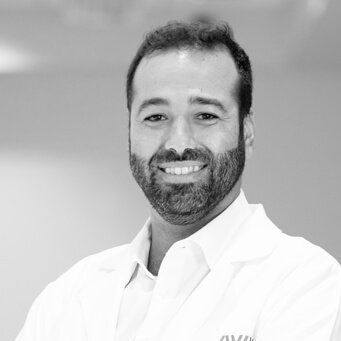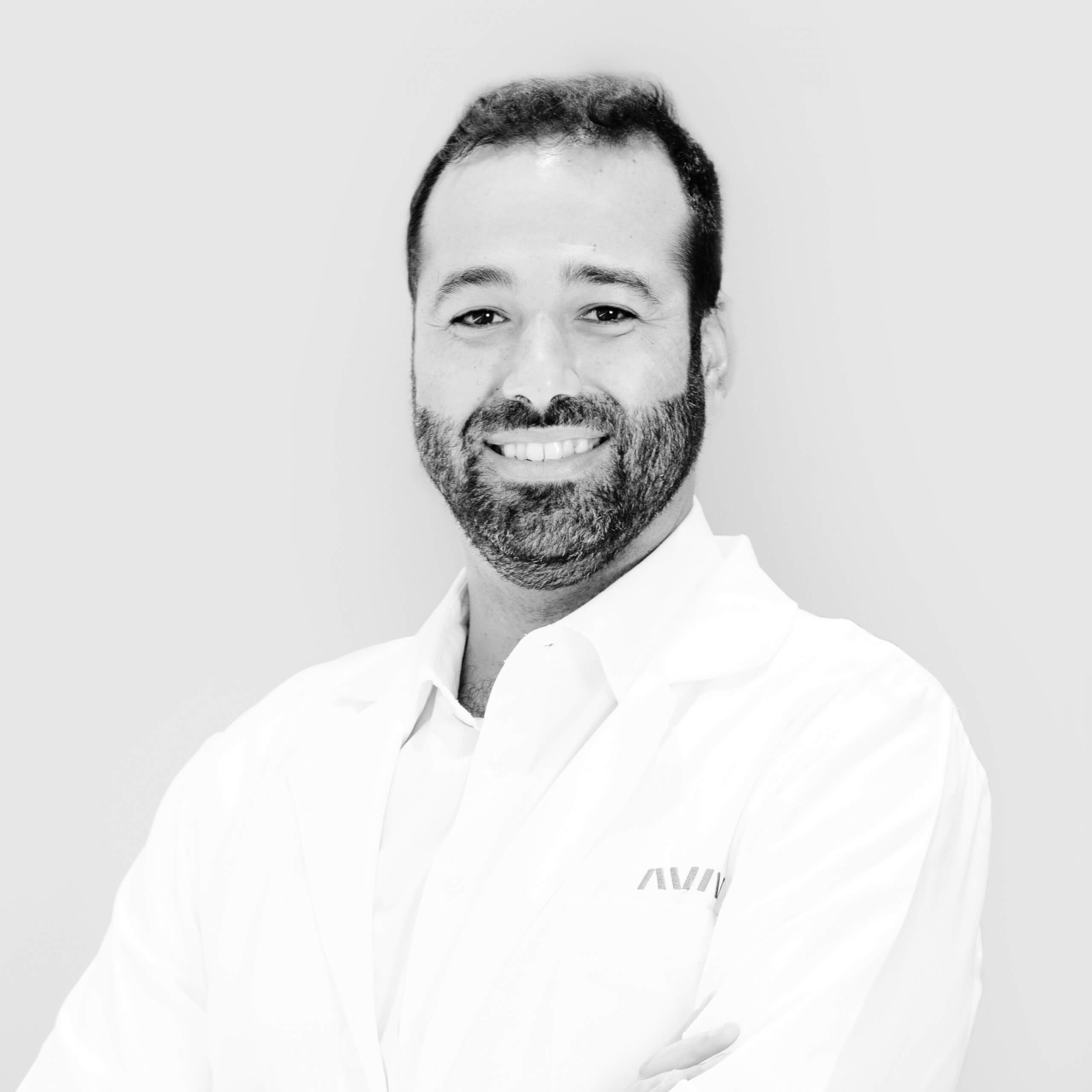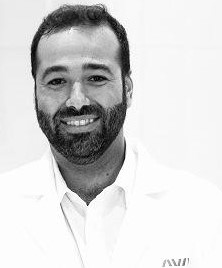
How to Improve Brain Function and Increase Your Healthspan After 50
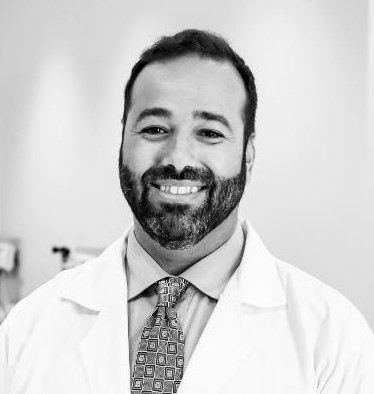

The aging process can be overwhelming for many of us, and it’s normal to feel a little down when we think about all the changes that come with it. However, it’s important to retain perspective and keep in mind that aging is a natural part of life and not something to feel sad about.
In recent years, remarkable advances in age-related technologies have made it possible to improve physical, cognitive, and emotional well-being as we age. The number of older adults in the world population is expected to double to 1.6 billion within 30 years, according to a report by the World Economic Forum. But although life expectancy has increased substantially since the 1960s, a report by McKinsey Health Institute notes that many people will spend those extra years in a state of relatively poor health.
Thankfully, advancements in medicine are helping to redefine both lifespan and healthspan.
Healthspan is the number of years that we live an active, healthy, illness-free life. This is the thing that most of us are concerned with as we strive to live our lives fully and with as few health issues as possible.
Remember, aging is a natural part of life, but by adopting positive habits and healthy daily routines, we can all enjoy a high quality of life, even as we enter those senior years. Taking care of ourselves, sleeping right, eating a balanced diet, and exercising regularly are all key when it comes to enhancing healthspan and delaying cognitive decline.
8 Simple Ways to Improve Brain Function and Boost Healthspan
1. Eat For Brain Health and Longevity
Making smart food choices by incorporating a variety of nutritious foods is foundational to healthy aging. A diet high in fiber and low in saturated fat that incorporates fruits and vegetables, whole grains, and fish will help provide the nutrition needed to lower the risk of developing age-related chronic diseases such as diabetes, high blood pressure and heart disease.
To get enough protein throughout the day and maintain muscle, the National Institute on Aging (NIA) recommends adding the following ingredients to meals:
- Seafood
- Dairy
- Fortified soy products
- Beans
- Peas and lentils.
The NIA also advises seniors to drink plenty of water throughout the day to help stay hydrated and aid in the digestion of food and absorption of nutrients.

2. Exercise Regularly to Improve Brain Function
Physical activity is important for keeping muscles, bones, and joints healthy and increasing flexibility.
As we age, we lose muscle mass. According to the NIA’s Baltimore Longitudinal Study of Aging (BLSA), muscle mass and strength typically increase steadily from birth and reach their peak at around 30 to 35 years of age. The BLSA found that after that, “muscle power and performance decline slowly and linearly at first, and then faster after age 65 for women and 70 for men.”
Regular exercise can help older adults increase muscle strength, maintain a healthy weight, and improve mobility and balance, which can help avoid chronic health problems and reduce the risk of falls. The CDC notes that a variety of exercises are best for older adults. Exercise guidelines for seniors include:
- 150 minutes a week of moderate intensity activity such as brisk walking, or 75 minutes a week of vigorous-intensity activity such as hiking, jogging, or running
- Strengthen muscles at least two days a week, working all major muscle groups (legs, hips, back, abdomen, chest, shoulders, and arms)
- Try low-impact options like water aerobics, resistance band exercises, or body weight workouts
- Maintain flexibility and balance with stretching or yoga
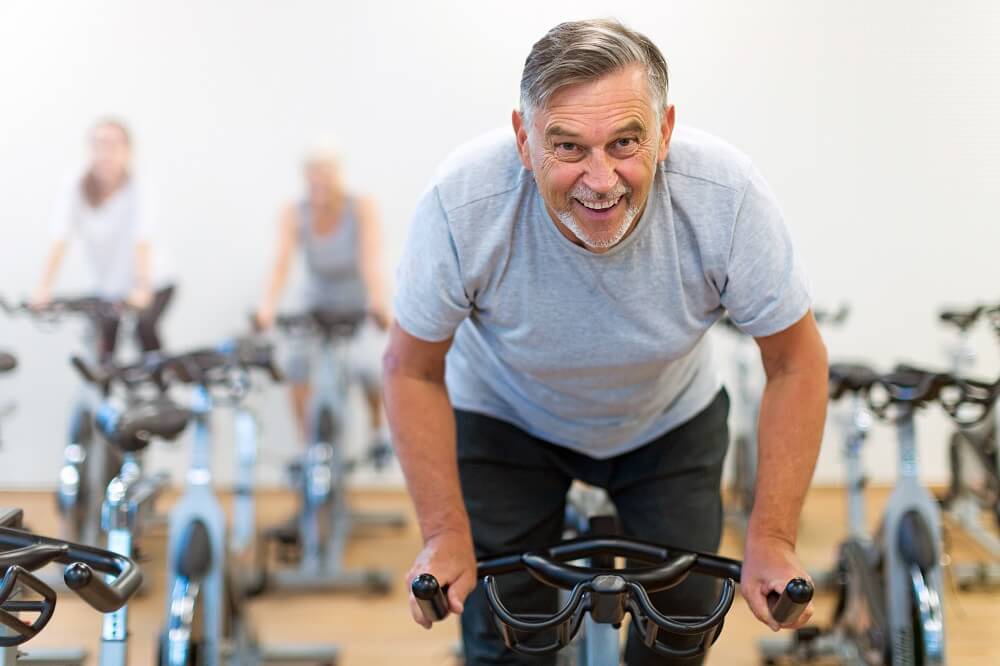
3. Reduce Stress to Protect Cognitive Function
Managing your stress levels is also critical to healthy aging. That’s because high levels of stress release hormones like cortisol, which can increase the risk of anxiety, depression, heart disease, heart attack, high blood pressure, and stroke, as well as induce sleep problems and memory and concentration impairment.
Adopting stress-reducing habits can mitigate stress and promote healthy relaxation:
- Practice mindfulness meditation
- Try yoga or tai chi for focused movement
- Read, listen to music, or pursue hobbies that promote relaxation
- Consider professional counseling for persistent stress, anxiety, or depression

4. Get Good Sleep to Support Brain Performance
Good sleep is vital for helping adults live longer and stay healthy. Some of the impacts of poor sleep include a decrease in attention and concentration and lack of energy. Research also found that poor sleep is associated with greater Alzheimer’s disease biomarkers in cognitively healthy adults at risk for the disease.
The National Sleep Foundation recommends that people 65 years and older get seven to eight hours of sleep each night. Additional tips to sleep better for brain and body health include:
- Avoiding large meals and caffeine before bed
- Maintaining a consistent bedtime and wake-up schedule
- Keeping the bedroom dark, quiet, and cool
- Establishing a relaxing pre-sleep routine
- Avoiding screens (Computer, tablet, phone) for the last hour you’re awake.
Getting sufficient sleep helps the brain and body recover from the day’s exertions and reduces the risk of developing disorders and diseases such as obesity, dementia, heart disease, and stroke.
5. Stay Socially Active to Maintain Brain Health
Social interaction has been proven time and again to have a significant influence on physical and cognitive health, particularly in older adults. Numerous studies have shown that being socially active improves and, in some cases, even reverses physical and cognitive decline. Having a good social life means keeping the brain sharp and active, also aiding in concentration, focus, and memory recall.
Social interaction is physically influential as it reduces stress, alleviates loneliness, and promotes healthy habits that are good for the future, especially in healthy agers. However, social interaction is much more than keeping good habits and meeting friends. Having the right social schedule often leads to more regular exercise, support for medical appointments, and more.
Cognitively speaking, active social lives offer much-needed mental stimulation, which can, in many cases, result in new neural connections being built. Regular conversations about various topics are vital to keeping the aging mind sharp and performing optimally. Healthy social interaction is also vital to prevent or reverse depression and anxiety. People who are lonely and perhaps don’t have enough family support benefit greatly from meeting friends regularly, helping to keep their bodies and minds in check.

6. Challenge Your Brain to Improve Cognitive Function
Just as physical exercise is important as we age, so too is keeping the mind active. In fact, a study funded by the National Institutes of Health found that the benefits of cognitive training for older adults can last as long as 10 years. The training, aimed at boosting older adults’ skills in memory, reasoning and speed of processing, slowed their cognitive decline and helped study participants maintain functioning in daily living tasks for over a decade.
Many activities can help keep the mind sharp. To boost cognitive function with brain exercises,
- Play games like chess, sudoku, and crosswords
- Read books or articles that challenge you intellectually
- Try memory exercises or apps designed for cognitive training
- Engage in creative hobbies, such as writing, painting, or music.
Include a mix of activities to stimulate different cognitive functions.
Have you noticed changes in your memory, attention or thinking skills?
Download our free e-book, “What’s Happening to My Brain?” to learn how you can improve your brain health and cognitive vitality at any age.

7. Use Technology to Stay Connected and Sharp
Technological advances are transforming the way people age, and can help prevent or even delay cognitive and physical decline. Such innovations are helping aging communities to stay connected and enjoy life fully, even in their golden years.
Technological innovations have the potential to transform the aging process and enhance the quality of life significantly. Consider enhancing your aging and health with:
- Telemedicine for easier access to health care services
- Apps or wearable devices that track exercise or health to track your progress
- Remote monitoring devices for managing chronic conditions
- Social media or video calling to stay connected with family and friends.
8. Explore Innovative Programs to Improve Brain Function
For years, there has been a misconception that declining mental and physical performance is a normal part of the aging process. Aviv Clinics’ personalized medical program is changing that outdated notion.
A new approach to reversing the aging process, the Aviv Medical Program with hyperbaric oxygen therapy (HBOT) at its core, treats aging as a disease to help people live healthier, happier, and more productive lives for more years.
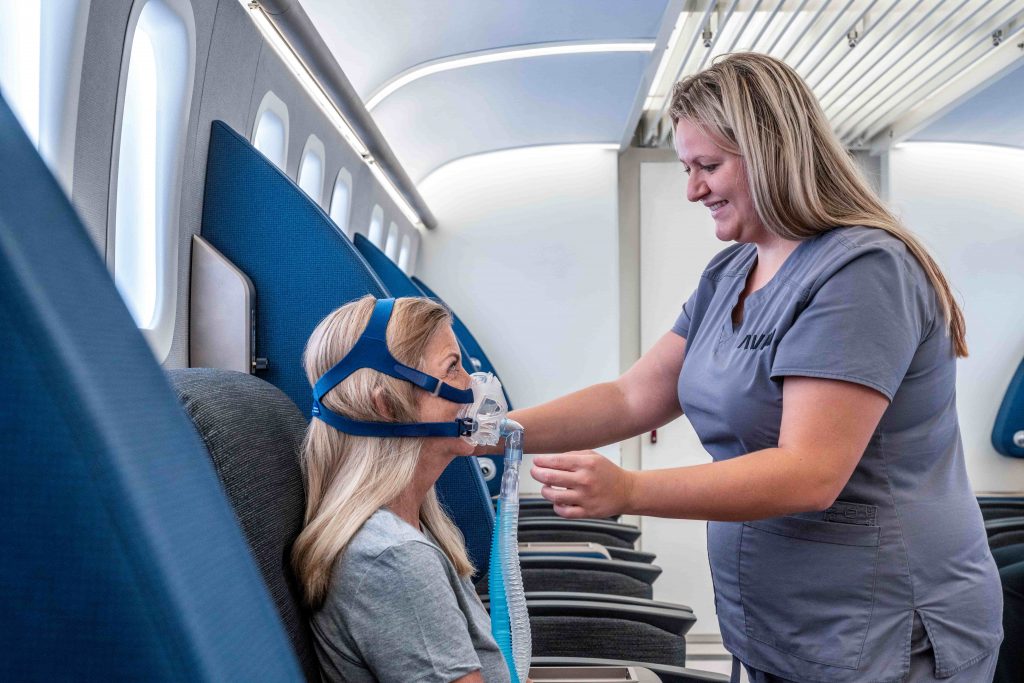
Aviv’s medical program is an immersive and highly individualized program that can combine therapies like HBOT, cognitive exercises, physical training, and nutritional and lifestyle coaching to leverage the body’s regenerative abilities. Each comprehensive treatment plan is customized to our clients’ health conditions and improvement goals.
As we age, our bodies become less efficient at channeling oxygen to generate the necessary energy to recover from injury and illness. Boosting the body’s oxygen concentration levels helps improve performance, memory, attention, focus, and other brain-related executive functions, as well as regenerating body tissue, helping healthy aging adults live their best life at any age.
Comedian George Burns once said, “You can’t help getting older, but you don’t have to get old.” Advances in medical science, including hyperbaric medicine, have made that statement truer than ever. At Aviv, we treat aging as a reversible condition, not an inevitability.
Improve Your Brain Function with a Personalized Aviv Program
Ready to take control of how you age?
Contact us today to speak with a client ambassador. You’ll learn how our healthy aging program can help you stay sharp, independent, and active for years to come.
Healthy Aging with Aviv Clinics: watch Dr. Mo on Bloom TV:
Frequently Asked Questions:
What are the best ways to improve brain function as you age?
There are several lifestyle changes you can implement to improve brain function and support long-term cognitive performance, including:
- Consuming a diet high in fiber and low in saturated fat
- Commit to both aerobic and strength exercises
- Adopting stress-reducing habits
- Maintaining a good sleep schedule
- Staying socially active
- Challenging your brain
- Staying abreast of new technology
- Exploring innovative medical programs like the Aviv Medical Program
Can hyperbaric oxygen therapy (HBOT) improve cognitive performance?
Yes, clinical evidence reveals that a specific HBOT protocol, when administered in a medically supervised program, can enhance oxygen delivery to the brain and support cognitive function, making it a promising tool for adults seeking to improve brain function and healthy aging outcomes.
Can mental exercises really boost brain function?
Yes. Brain games, puzzles, memory exercises, and learning new skills can strengthen neural connections, improve processing speed, and help maintain cognitive function as you age.
What is the difference between lifespan and healthspan?
Lifespan is the total number of years a person lives, while healthspan refers to the years spent living actively, independently, and free from serious illness. Focusing on healthspan emphasizes quality of life, helping people age with vitality rather than just adding years.
Last Update: September 29, 2025
